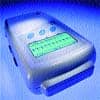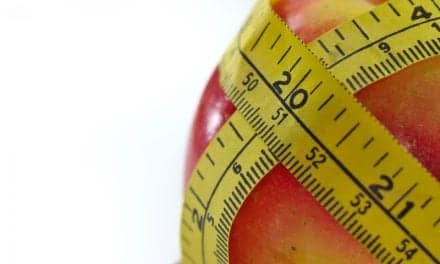A new study of the relationship between sleep and heart rate variability (HRV) during sleep has found that alcohol interferes with the restorative functions of sleep.
Large amounts of alcohol are known to shorten sleep latency, increase slow-wave sleep, and suppress rapid eye movement (REM) during the first half of sleep. During the second half of sleep, REM increases and sleep becomes shallower. A study of the acute effects of alcohol on the relationship between sleep and heart rate variability (HRV) during sleep has found that alcohol interferes with the restorative functions of sleep.
Results will be published in the November 2011 issue of Alcoholism: Clinical & Experimental Research and are currently available at Early View.
“Alcohol affects overall sleep architecture," said Yohei Sagawa, a medical doctor in the department of neuropsychiatry at the Akita University School of Medicine. "Normally, during physiologic nocturnal sleep in humans, the parasympathetic nervous system, responsible for ‘rest-and-digest’ activities, is dominant over the sympathetic nervous system, responsible for stimulating activities. We wanted to investigate how alcohol may change this complementary relationship."
Sagawa and his colleagues gave 10 healthy, male university students with a mean age of 21.6 years three different alcohol beverages at 3-week intervals: 0g (control), 0.5g (low dose), or 1.0 g (high dose) of pure ethanol/kg of body weight. On the day of the experiment, a Holter electrocardiogram was attached to the subject for a 24-hour period; the subject was instructed to drink one of the three alcoholic beverages 100 minutes before going to bed; and polysomnography was then performed for 8 hours. Power spectral analysis of the HRV was performed using the maximum entropy method, and the low- and high-frequency components along with their ratios were calculated.
"Our study showed that alcohol suppresses the high-frequency power during sleep in a dosage-dependent manner," said Sagawa. "Although the first half of sleep after alcohol intake looks good on the EEG, the result of the assessment regarding the autonomic nerve system shows that drinking leads to insomnia rather than good sleep."
More specifically, as alcohol consumption increased, the heart rate increased and the spectral power of HRV measured at each frequency range decreased. Also, the low-frequency/high-frequency ratio that is considered an index of the balance between the sympathetic and parasympathetic systems was increased. This suggests that alcohol, in a dosage-dependent manner, suppresses the high-frequency component of HRV that is an indicator of parasympathetic nerve activity during sleep.




